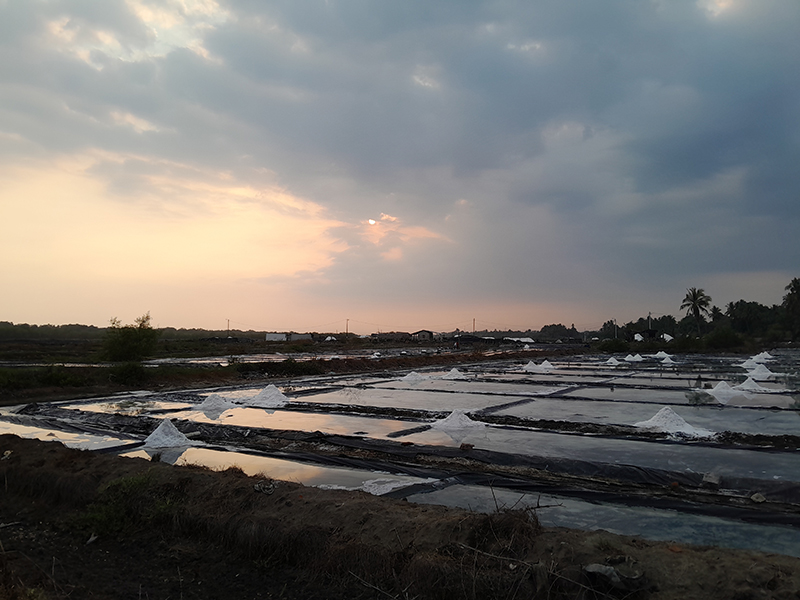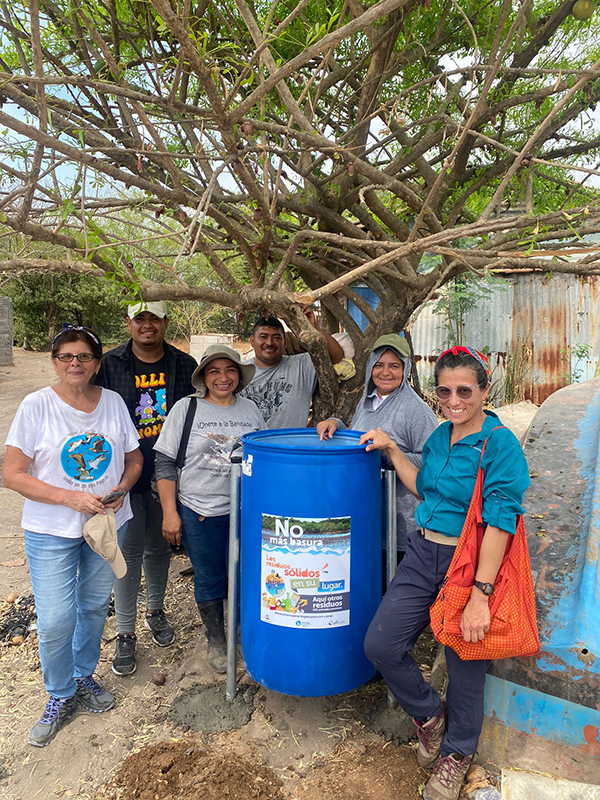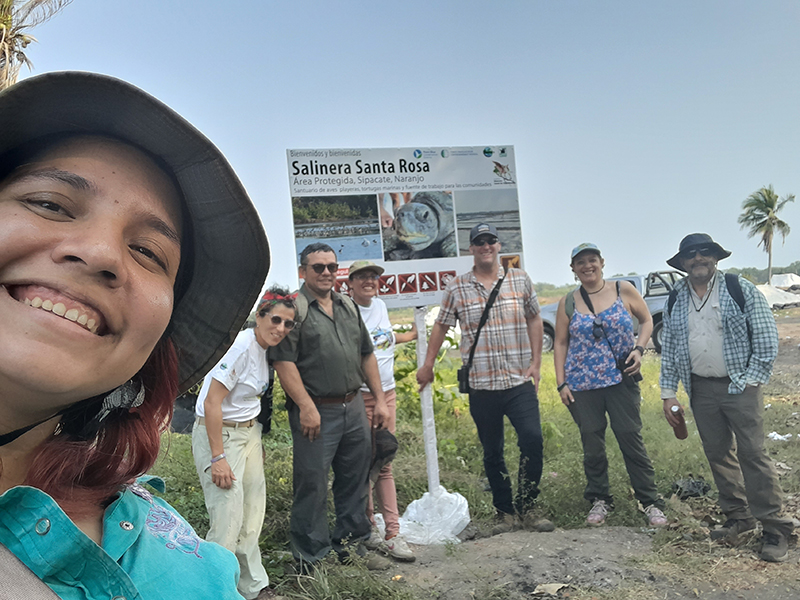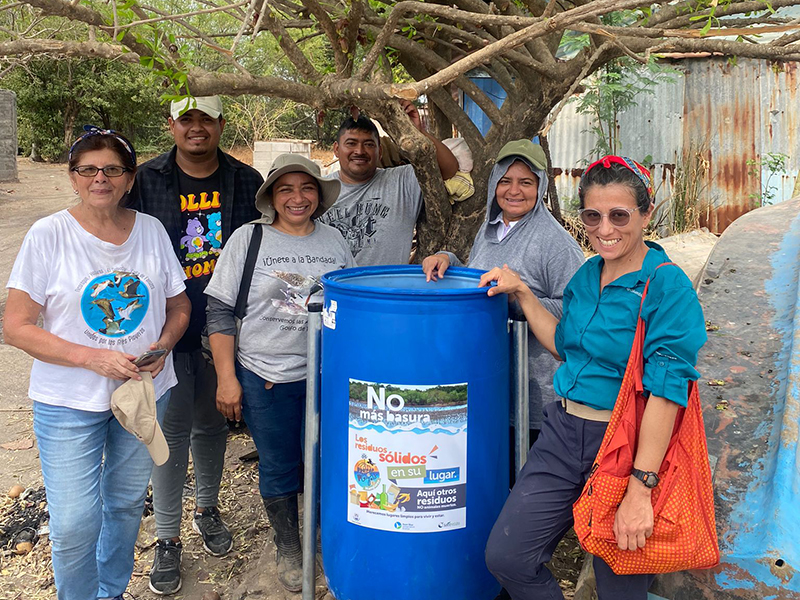By Matt Reiter, Research Director in the Pacific Coast and Central Valley Group; and Diana Eusse, Program Coordinator

For the past year, we’ve been in the pilot phase of an exciting new program at Point Blue. MSP+ is a brand new source of funding for shorebird conservation work in Latin America that builds on the 12 years of collaborative science and conservation action of the Migratory Shorebird Project, the largest coordinated survey ever of wintering shorebirds on the Pacific Coast of the Americas. During our pilot phase, we issued five grants to partners in Latin America and in recent months we’ve been visiting those partners to see how things have been going.
Earlier this spring we visited MSP+ grant partners in El Salvador and Guatemala. Both SalvaNATURA and FUNDAECO are working closely with local communities and salt producers as part of their projects to raise awareness of the needs of shorebirds, improve water management in salt production sites to maximize habitat, and develop citizen actions with the local communities to reduce trash and human disturbance in the coastal wetland habitats. Not only do these countries share a border and share birds but they also have shared opportunities for making changes to benefit the coastal ecosystems and communities.

Arriving in El Salvador was super exciting as it marked the first time that we were able to visit this country since the start of the Migratory Shorebird Project in 2012. While there, we traveled to Bahía de La Unión in the Gulf of Fonseca, and helped SalvaNATURA install trash cans near high use (by both shorebirds and humans) coastal sites and met with government and community stakeholders, including salt producers. During our lunch with stakeholders we heard first hand how the community planning effort being led by SalvaNATURA has increased communication among groups and helped to find shared support for actions to improve the health of the coastal ecosystem for birds and people. There have been challenges working together but the regular communication has opened opportunities for change. In particular, the salt producers were very excited to learn more about how they can improve their lands as shorebird habitat through modified water management.
In Guatemala, we visited the coastal region near Sipacate to learn about implementing new water control features in salt production ponds and raising awareness of shorebirds and their habitats in the local community. Many of the salt farms are managed by several related families, so the production involves, for different tasks, all the members of the extended family. Because of that, FUNDAECO has involved the kids from the local community in an educational program.

We had the opportunity to participate in a class with the kids about shorebirds and the diversity of the habitats they use in Guatemala, including salt ponds. Most of the kids already recognized the shorebirds as they had grown up with them across the street–at least for part of the year. Only now, however, are they learning about how these birds connect us through their migrations.
We finished this trip with many ideas for future rounds of MSP+ funding, new perspectives on how this program is increasing the power of local actions, increased awareness of the opportunities to share knowledge and lessons learned among partners and countries, and so much gratitude for the strong partnerships we have built across the countries, around the people and shorebirds with the MSP and now MSP+!

